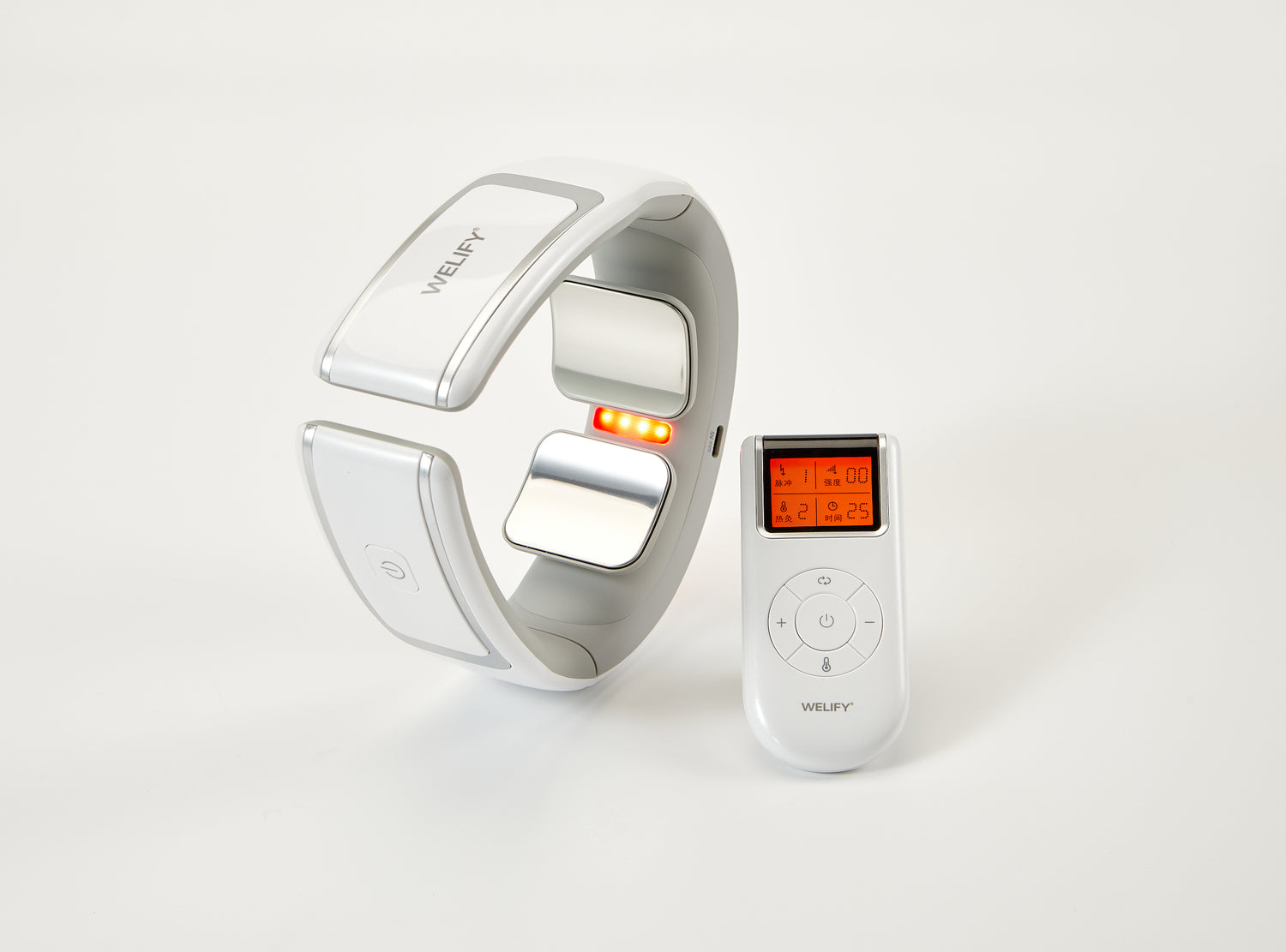The shoulder is a very important part of our body. It is the basis for us to be able to use our arms and hands. A shoulder that hurts or does not move optimally can also cause problems in other places.
Two diagnoses you often hear are impingement and frozen shoulder .
Other structures that can cause problems in the shoulder are muscles, tendons, mucous membrane & shoulder joint/labrum.
Pain is usually divided into acute trauma or an overload .
- The acute pain often comes suddenly during an action where the load (on, for example, a tendon in the shoulder) becomes greater than what the shoulder/tendon tolerates. Which can lead to an injury, for example a muscle tear or a rupture of a tendon.
- The pain from an overload often comes more stealthily where it becomes an irritation because you perform a sport or movement very much and it creates an irritation - ''too much, too soon''.
If you have been exposed to an acute trauma, it may be good to treat via PRICE the first day. (Protection, Rest, Ice, Compression, Elevation)
To then gradually start loading the axle again. If you are unsure how much to charge, it may be an idea to seek expert help who can guide you.
The concept of overexertion or overload can sometimes be a bit misleading.
In many cases, I meet patients with shoulder pain where neither an acute trauma nor an overload has occurred.
In these cases, it is often called overexertion/overload, although it should really be called underload or understimulation.
The shoulder is a very complex joint, and is basically built for e.g. climbing, hanging and throwing during the day.
In our modern everyday life, the shoulder does not get that much range of motion anymore.
Our body is amazingly good at adapting. But in this case, our shoulder gets used to the fact that it does not have to work very much in everyday life. Which leads to reduced mobility/strength. (If you don't use it, you loose it)
This, in turn, can lead to an increased risk of injury when, for example, one day you have to rake leaves for 5 hours, play padel, golf or repaint at home.
What can be good to do?
Get some movement in daily for the shoulder! Take a 2-minute break a couple of times during the working day.
It can be, for example, hanging passively, snow angels against a wall, shoulder dislocation with a broom or jumping jacks.


